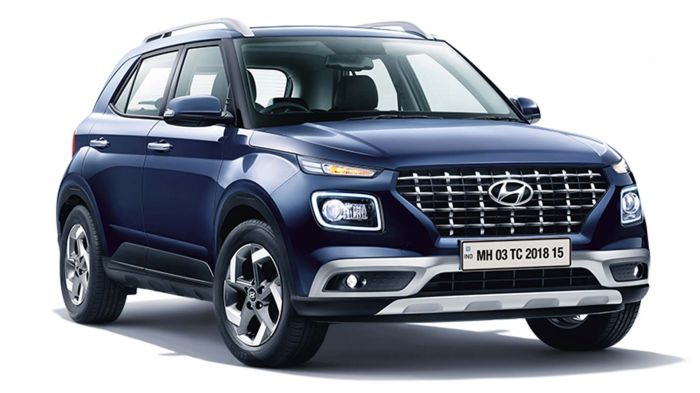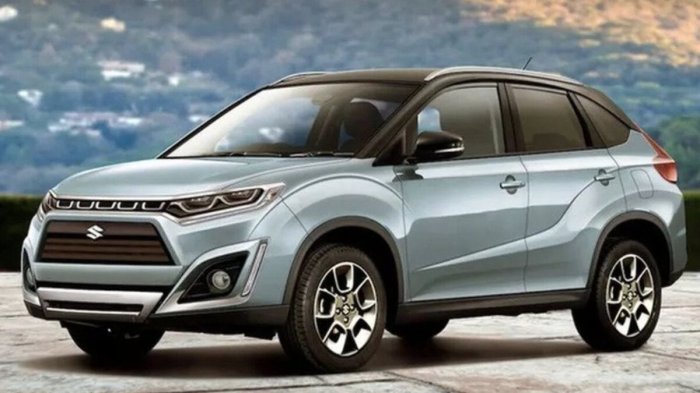All New Car Prices in India A Comprehensive Guide
New Car Prices in India: A Comprehensive Overview: All New Car Price India

Source: gqindia.com
All new car price india – The Indian automotive market is a vibrant and diverse landscape, offering a wide range of vehicles to suit various budgets and preferences. Understanding the pricing dynamics of new cars in India requires considering several factors, from segment and features to taxes and manufacturer strategies. This overview delves into the key aspects influencing new car prices in India.
Price Range and Segmentation of New Cars in India
The Indian car market is segmented into various categories, each with a distinct price range. Prices are significantly influenced by factors like features, engine capacity, brand reputation, and fuel type (petrol, diesel, CNG, electric).
| Segment | Price Range (Low) (INR Lakhs) | Price Range (High) (INR Lakhs) | Average Price (INR Lakhs) |
|---|---|---|---|
| Hatchback | 4 | 15 | 9 |
| Sedan | 7 | 40 | 18 |
| SUV (Compact) | 8 | 30 | 16 |
| SUV (Full-Size) | 20 | 80 | 40 |
Examples include Maruti Suzuki Alto (Hatchback, ₹4-6 Lakhs), Hyundai Verna (Sedan, ₹10-18 Lakhs), Hyundai Creta (Compact SUV, ₹10-20 Lakhs), and Toyota Fortuner (Full-Size SUV, ₹30-45 Lakhs). Note that these are approximate figures and can vary based on the specific model and features.
Impact of Taxes and Duties on New Car Prices
Several taxes and duties contribute significantly to the final on-road price of a new car in India. These include Goods and Services Tax (GST), road tax, registration fees, and insurance. The percentage of these taxes varies from state to state.
| Cost Component | Hypothetical Mid-Range Sedan (INR Lakhs) |
|---|---|
| Ex-showroom Price | 15 |
| GST (28%) | 4.2 |
| Road Tax (varies by state) | 1.5 |
| Registration Fees | 0.5 |
| Insurance | 1 |
| On-Road Price | 22.2 |
Changes in government policies regarding taxes, such as modifications to GST rates, directly impact the final price of vehicles.
Comparison of Car Prices Across Different Manufacturers

Source: cloudfront.net
Major car manufacturers in India employ diverse pricing strategies based on brand positioning, manufacturing costs, and target market. Maruti Suzuki, for example, often focuses on affordability, while brands like BMW and Mercedes-Benz cater to the luxury segment.
| Manufacturer | Model | Segment | Price (INR Lakhs) (Approximate) |
|---|---|---|---|
| Maruti Suzuki | Swift | Hatchback | 6-9 |
| Hyundai | Verna | Sedan | 10-18 |
| Tata Motors | Nexon | Compact SUV | 7-13 |
| Mahindra | Scorpio | SUV | 15-25 |
Price differences reflect variations in features, technology, and brand perception.
Factors Affecting the Affordability of New Cars
Financing options play a crucial role in making new car ownership accessible. Loans and down payments allow customers to spread the cost over time, making higher-priced vehicles more attainable. Income levels and purchasing power also significantly influence the demand for new cars across different regions of India.
For example, a ₹15 Lakh car with a 10% down payment (₹1.5 Lakh) and a 7% interest rate over 5 years might result in a monthly installment of approximately ₹30,000. Increasing the loan tenure to 7 years could reduce this to approximately ₹23,000 per month, but increase the total interest paid.
Trends and Predictions in New Car Prices, All new car price india
Recent trends show a general upward movement in new car prices due to factors like inflation, rising raw material costs, and technological advancements. The introduction of stricter emission norms and the growing popularity of electric vehicles also contribute to price fluctuations. The shift towards more feature-rich vehicles also pushes prices higher.
Predicting future trends is challenging, but based on current economic indicators and technological developments, a continued moderate increase in prices is anticipated. However, competitive pressures and government initiatives might influence this trend.
Illustrative Examples of New Car Prices

Source: maxabout.us
Let’s consider three distinct models: A Maruti Suzuki Alto (entry-level hatchback), a Hyundai Creta (compact SUV), and a Toyota Fortuner (full-size SUV). The Alto, with its basic features and smaller engine, offers a budget-friendly option. The Creta provides a balance of features and space at a mid-range price. The Fortuner, with its robust build, powerful engine, and advanced features, sits at the higher end of the spectrum.
Understanding all new car prices in India can be challenging, with a wide range of models and features influencing the cost. For a specific example, you might be interested in the pricing history of a popular model, such as the 2018 new swift car price , which can provide a benchmark. Ultimately, researching the market and comparing different models is key to finding the best value within your budget for all new car price india.
Each car’s price reflects its features, target market, and brand positioning within its segment.
The Alto’s exterior is simple yet functional, while the interior prioritizes practicality. The Creta boasts a more sophisticated exterior design and a more refined interior with improved features. The Fortuner exhibits a rugged, commanding presence, with a luxurious and well-equipped interior. The price difference reflects the significant variations in features, build quality, and technology incorporated in each model.
Key Questions Answered
What are the cheapest new cars available in India?
Several entry-level hatchbacks from manufacturers like Maruti Suzuki and Tata Motors consistently offer the lowest price points in the Indian market. Specific models and prices change frequently, so checking current dealer listings is recommended.
How do I calculate the total cost of a new car in India, including all fees?
The total cost involves the base price, GST, road tax (varying by state), registration fees, insurance, and potentially other dealer charges. Dealers typically provide a detailed breakdown of all costs before purchase.
What are the best financing options for buying a new car in India?
Several banks and financial institutions offer car loans with varying interest rates and repayment terms. Comparing offers from different lenders is crucial to secure the most favorable financing option.
Are there any government incentives or subsidies available for purchasing new cars in India?
Government incentives and subsidies are periodically introduced, often focused on specific car types (e.g., electric vehicles) or aimed at supporting domestic manufacturers. Checking current government announcements is advisable.





















